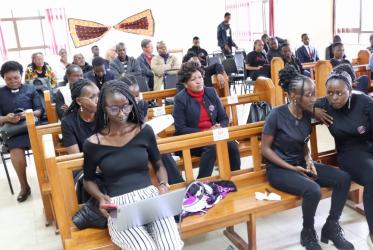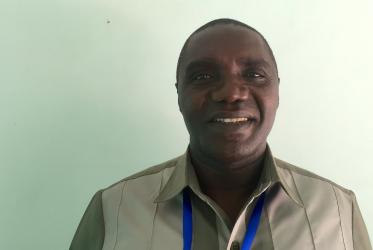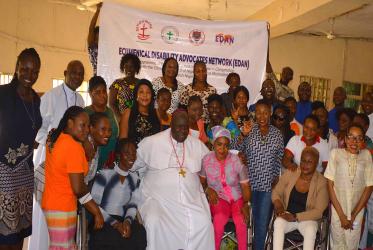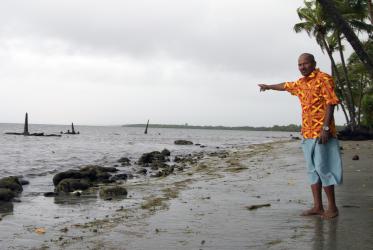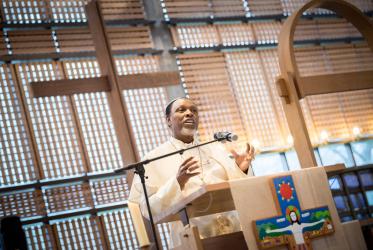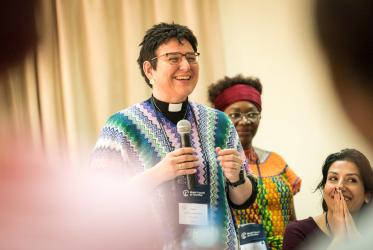Displaying 1 - 20 of 35
South Sudan churches share Easter messages of hope
04 April 2024
As femicide cases rises, Kenyan religious leaders move to act
06 February 2024
The cry of the Papuans in Indonesia
14 November 2019
Churches in southern Africa stand against violence, xenophobia
10 October 2019
Rev. Kenneth Mtata reflects on journey of transition in Zimbabwe
20 September 2018
Women reflect on mission as foundation of life
07 March 2018
Walking together against hatred and violence
26 February 2018



